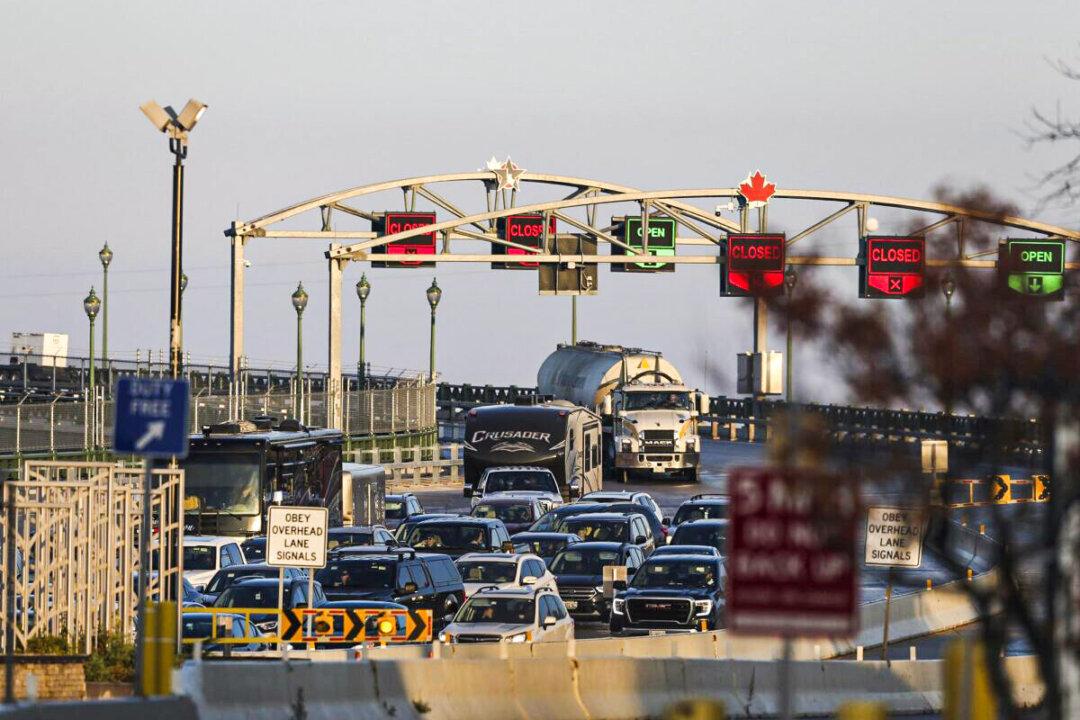The recently passed federal budget bill modifying dozens of acts contains a provision that will further the digitization of the border.
Bill C-47, which runs close to 400 pages, received royal assent on June 22 and modifies the Customs Acts to “allow a person arriving in Canada to present themselves to the Canada Border Services Agency [CBSA] by a means of telecommunication.”





